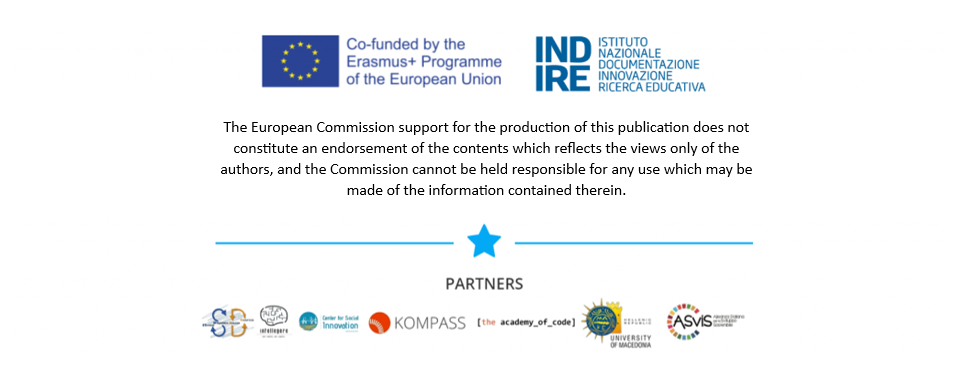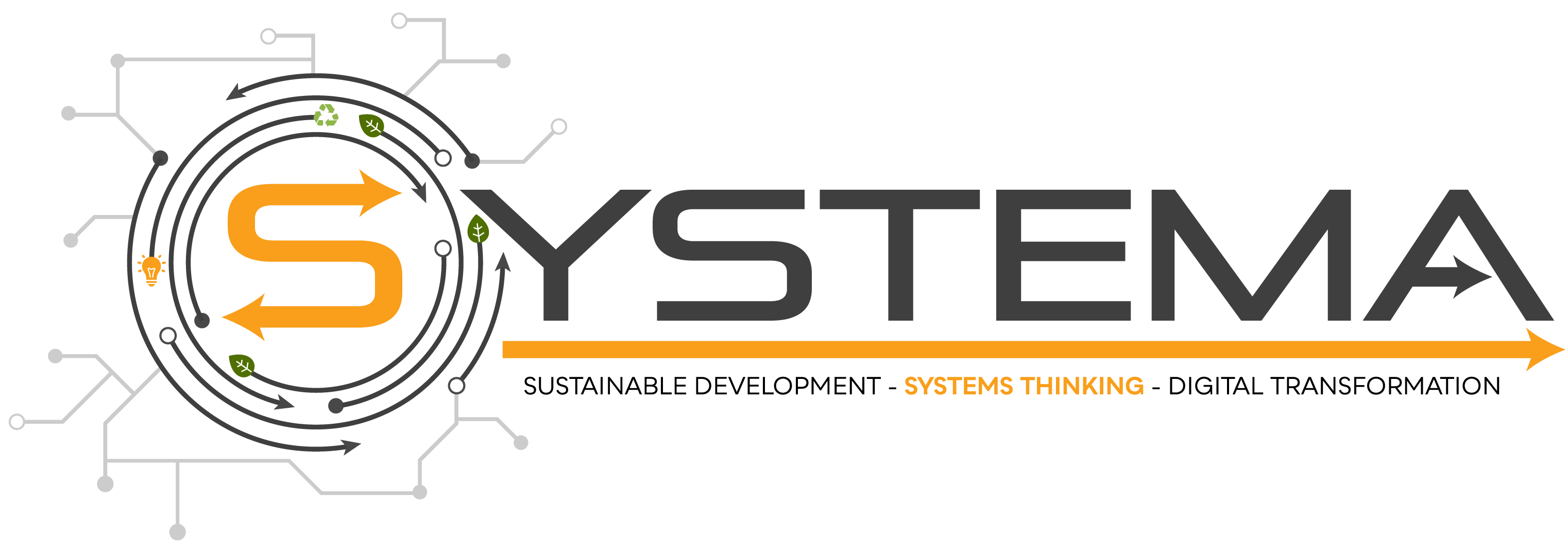In re-designing or adjusting a system towards the achievement of a desired goal, it is crucial to look for leverage points, i.e. points in the system where a small change could lead to a large change in behaviour. As we learn in system thinking theory, leverage points are points of power.
Whoever possesses the information and regulation of information flows, typical leverage points, has decisive power over the functioning of the system. A high leverage point is also power over the handling of rules in practice.
Therefore to understand the deeper malfunctions of systems, one must pay attention to the rules and those who have power over them.
The paradigms on which the system is based, the mindset from which the system arises, its objectives, its structure, its rules, its delays and its parameters are key leverage points.
Paradigms are the sources of systems. Paradigms are the sources of systems. From them, from shared social agreements about the nature of reality, come system goals and information flows, feedbacks, stocks, flows, and everything else about systems. (D.Meadows 2008).
The shared idea in the mind of society, the unstated grand assumptions, constitute the paradigm of that society, or the deeper set of beliefs about how the world works. Sustainability needs a cultural paradigm shift.
However, paradigms are difficult leverage points to change because the higher the leverage point is, the more the system will resist change.
How does one go about changing paradigms? Donella Meadows in Thinking in System quoted the answer by Thomas Kuhn: “put people with the new paradigm in places of public visibility and power. Don't waste your time with reactionaries; rather, work with active agents of change and with the vast intermediate area of open-minded people”.
And it is here that one of the purposes of GreenComp, to “enable individuals to think holistically and question the worldviews underlying our current economic system”, is explained by systems theory. Useful to underline that the ultimate skills for sustainability is to become agents of change.
But as Donella Meadows at last explain, the highest leverage point is transcending paradigms.
That means to remain untethered in the arena of paradigms, to remain flexible, to realise that no paradigm is 'true', that each paradigm, including the one that gently shapes our worldview, is a tremendously limited understanding of an immense and astonishing universe that is far beyond human comprehension.
“If no paradigm is right, you can choose whatever one will help to achieve your purpose. If you have no idea where to get a purpose, you can listen to the universe.” (D.Meadows 2008)
And it is here that systems theory also explains to us that embodying the values of sustainability - defined by GreenComp as meta-competence - is an expression of our free choice of paradigm, the free choice on which all sustainability competence, our self and collective motivation are attached, and on which our future on this earth depend.
Bibliographical notes
Donella H.Meadows (2008)- Thinking in System
European Commission, JRC (2022) - GreenComp, The European sustainability competence framework

